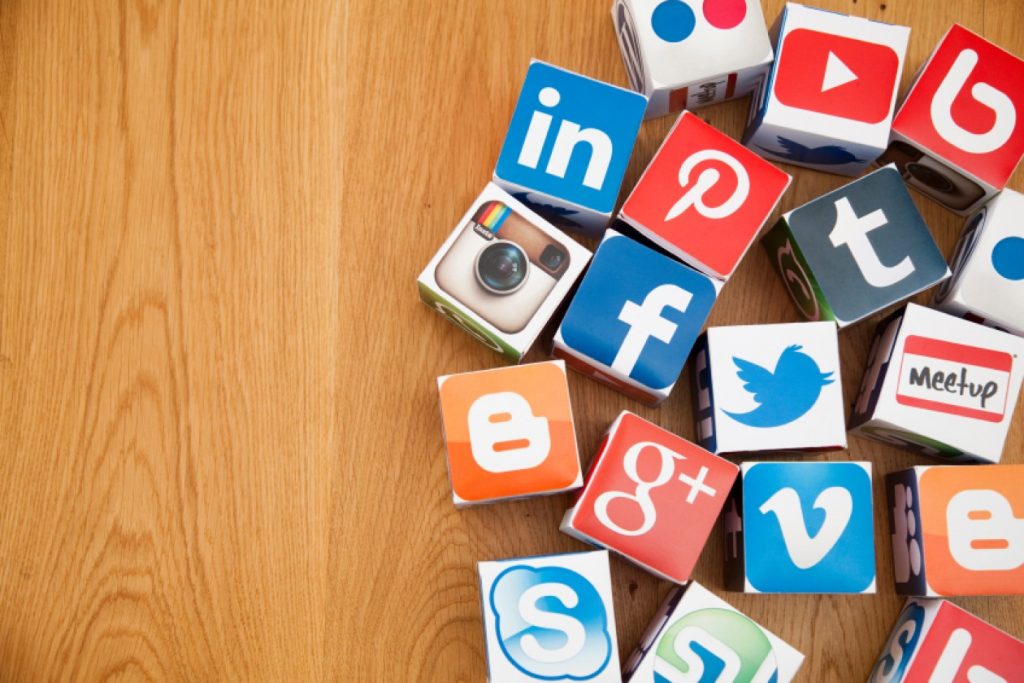Fintech And Healthtech Revolutionize Global Access To Financial And Medical Services
The rapid advancement of technology has ushered in transformative changes in sectors that are foundational to human well-being finance and healthcare. Fintech and healthtech, the convergence of technology with financial and medical services respectively, have emerged as powerful forces reshaping global access to essential services. By leveraging digital tools, mobile platforms, artificial intelligence, and data analytics, these sectors are bridging long-standing gaps in accessibility, affordability, and efficiency, especially for underserved populations. Fintech has democratized access to financial services that were traditionally limited to those within reach of brick-and-mortar institutions. Through mobile banking, peer-to-peer lending, digital wallets, and blockchain-based platforms, people in remote or economically disadvantaged areas can now open accounts, transfer money, apply for loans, and invest with unprecedented ease. These innovations reduce dependency on cash economies and provide individuals and small businesses with tools to participate in formal financial systems, fostering economic empowerment.

At the same time, healthtech has revolutionized healthcare delivery by bringing medical services to people’s fingertips. Telemedicine platforms allow patients to consult doctors remotely, eliminating the need to travel long distances and wait in crowded clinics. Wearable devices and mobile health apps enable continuous monitoring of vital signs, helping in early detection of illnesses and chronic disease management. Artificial intelligence plays a growing role in diagnostics, predicting disease outbreaks, and personalizing treatment plans, making healthcare more precise and proactive. Health records are increasingly being digitized and stored securely, improving coordination between healthcare providers and reducing administrative inefficiencies. The integration of fintech and healthtech has also opened new frontiers in holistic service delivery. Digital insurance platforms, health-focused investment tools, and crowdfunding for medical expenses represent a fusion of financial and healthcare technologies, providing individuals with more control over their physical and financial health. Moreover, fintech has enhanced transparency and reduced transaction costs, making services more affordable and inclusive for the global unbanked population.
This convergence is particularly impactful in developing countries, where infrastructure limitations and resource constraints have historically hindered access to quality services. By bypassing traditional barriers through digital innovation, fintech and healthtech are not only enhancing individual well-being but also contributing to broader social and economic development. However, this transformation is not without challenges. Issues of data privacy, cybersecurity, regulatory compliance, and digital literacy must be addressed to ensure these technologies serve all segments of society equitably. There is a pressing need for inclusive policies, robust cybersecurity frameworks, and public-private collaboration to build trust and ensure the long-term sustainability of these innovations and read more here. In essence, fintech and healthtech represent a paradigm shift in how financial and medical services are delivered and consumed. By harnessing the power of technology, they are reshaping the global landscape, making vital services more accessible, efficient, and equitable. Their continued evolution holds the promise of a more inclusive future, where barriers to health and financial stability are reduced for people everywhere.






